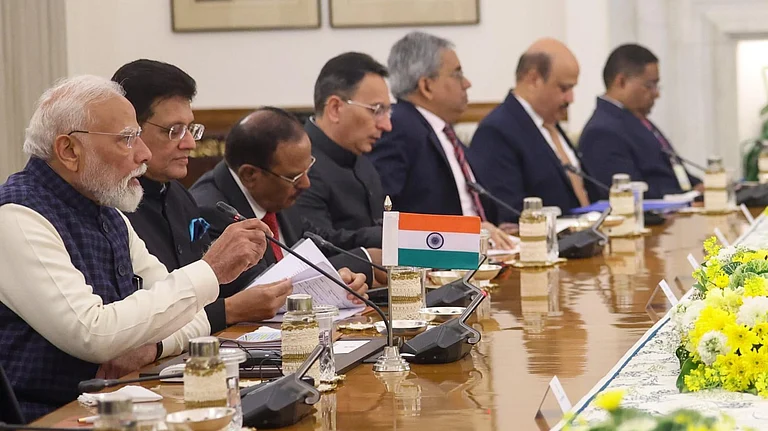For India to compete globally, the country must develop its own foundational model, said Aravind Srinivas, co-founder and CEO of Perplexity AI. He added that this would not only improve the representation of Indian languages but also strengthen expertise and infrastructure for global competitiveness. His statement comes at a time when the debate about whether the country should build its own foundational model has been gaining momentum, specially after Chinese AI start-up DeepSeek launched its own AI model at under $6 million, which is way cheaper than many other AI models.
“India needs the capability to train world-class AI models, not just for language but also for math, coding, and reasoning. Just like India’s cost-effective space missions inspire future engineers, building powerful AI models will inspire the next generation of talent,” said Srinivas.
While India is already one of the fastest adopters of AI, especially among knowledge workers, the next big step is making AI accessible to everyone, not just professionals, as per Srinivas. The company claims to be working on multilingual and voice-based experiences to make AI more intuitive for all users.
On being asked if India develops its own AI models, should they be used only domestically or globally, Srinivas said that it should be ideally, both. “Prime Minister Modi sees AI as a global technology, and models developed by different nations should have worldwide applications,” he added.
Srinivas was speaking at the Social Live Press Event, held virtually on February 27. At the event, Paytm founder and CEO Vijay Shekhar Sharma, along with Perplexity AI Co-founder and CEO Aravind Srinivas, discussed about AI, payments, and the future of innovation. The event also saw the announcement of tie up between fintech platform Paytm and Perplexity AI. The intent of the partnership is to add an 'Ask AI' Search Button on the fintech platform which will help give suggestions.
Speaking about the tie up, Srinivas said, “AI can help users make better financial decisions by analyzing local data, understanding regional nuances (such as different credit scoring systems in the US and India), and offering personalized recommendations. Since financial services are highly localized, AI-driven fintech solutions must be tailored to specific geographies.”
Srinivas further said that the next big challenge in AI development is reasoning—getting AI to break down complex questions into multiple parts, use hundreds of sources, conduct deep research, and act as a research agent at an expert level. Making AI widely accessible and highly reliable is the hardest part, he added.
In terms of education, Perplexity is also launching an academic program in India, starting with IITs, before expanding to more students nationwide. The goal is to provide AI-powered knowledge tools for free to students, added Srinivas.
































